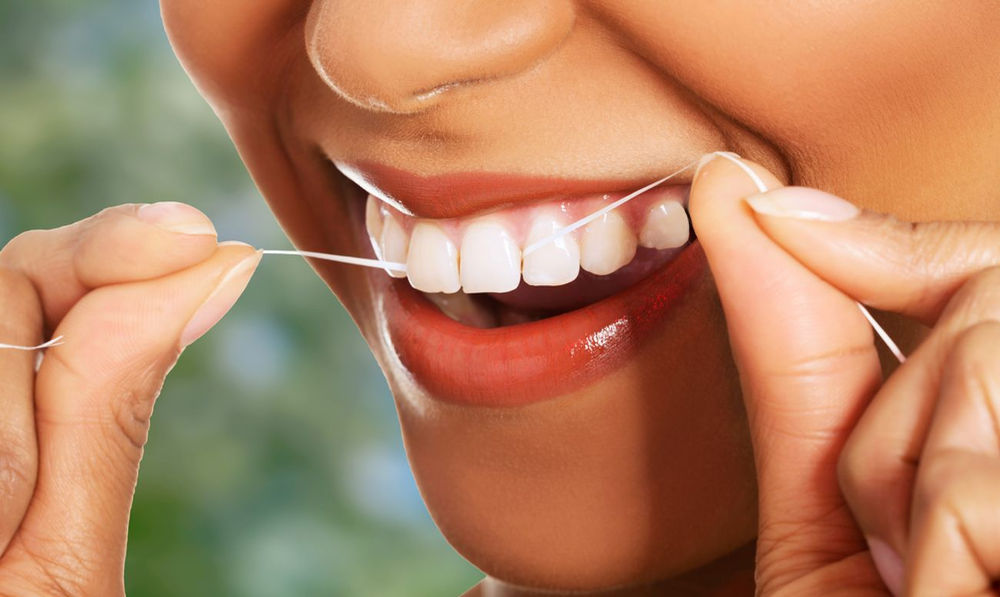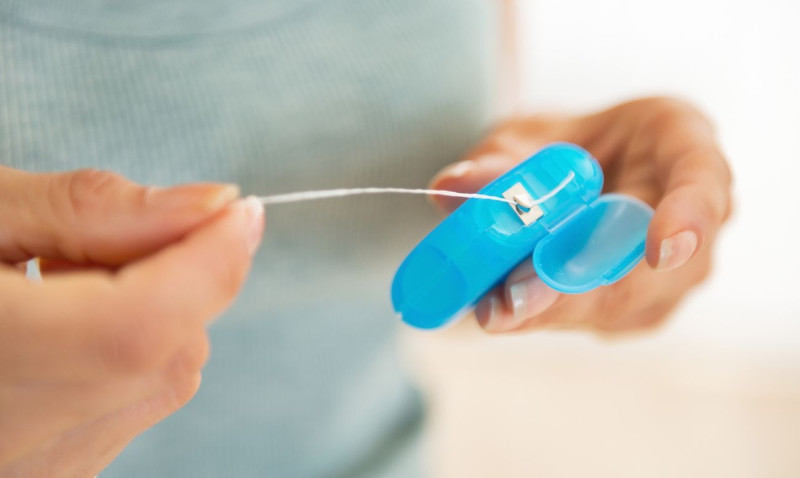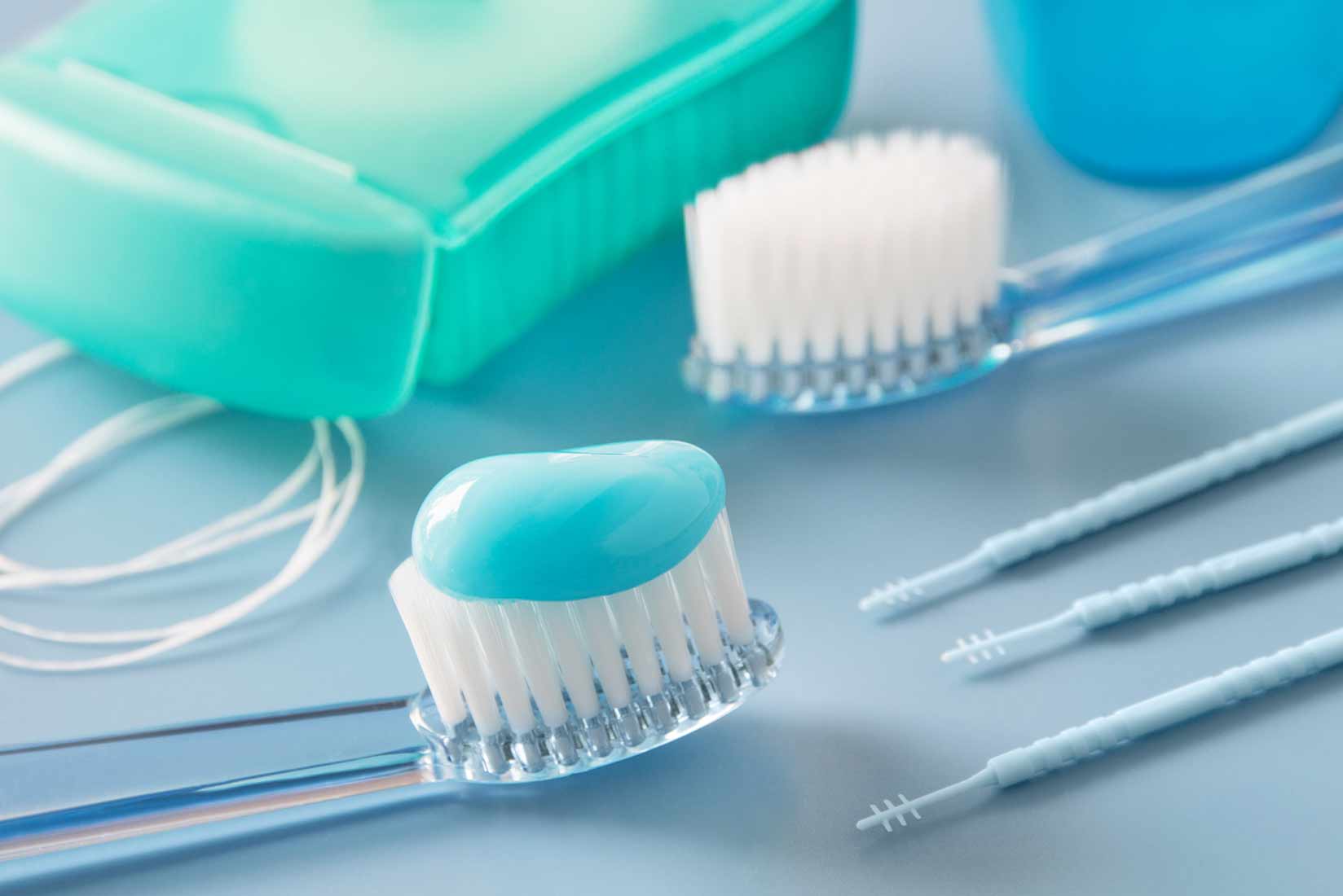
The American Dental Association recognizes that the benefits of flossing have not been proven by medical research. But at the same time, there is no evidence of harm when flossing. So how do you know if you should floss or not?

Like a toothbrush, dental floss is used to clean the oral cavity of plaque and microorganisms that can lead to tooth decay and tooth decay. With a toothbrush, we can only clean three surfaces of the tooth: the front, inside and chewing surfaces. But there are still surfaces between the teeth.
It is impossible to clean these surfaces with a toothbrush, even if you perform proper oral hygiene and often leave unnoticeable plaque on them. Interdental brushes or dental floss are used to clean the contact surfaces.
It is logical to conclude that you need additional hygiene products besides a toothbrush.

Neglect of hygiene between the teeth leads to contact caries. In this condition, decay affects two teeth at the same time and is hardly noticeable at first glance until it enters the deep caries phase. Also poor hygiene of the tooth contact surface leads to gum diseases such as gingivitis or periodontitis.
But it is very important to floss properly otherwise there is a risk of traumatizing the gum.
How to floss properly:
- — Flossing should go between the teeth easily, without much effort.
- — Brush your teeth smoothly, without jerking. Floss up and down with the floss pressed against the tooth, first one tooth, then the other.
- — If the floss tears during the brushing process, it may indicate the beginning stages of tooth decay. See a specialist for a preventive checkup.

In fact, there are tons of ways to floss your teeth on the internet. But it's better to ask your dentist. Why? Every person has a different bite, structure of teeth, interdental space. A specialist will choose a way to clean your teeth individually for you, taking into account your peculiarities.
Be healthy and don't forget to take care of your teeth.
